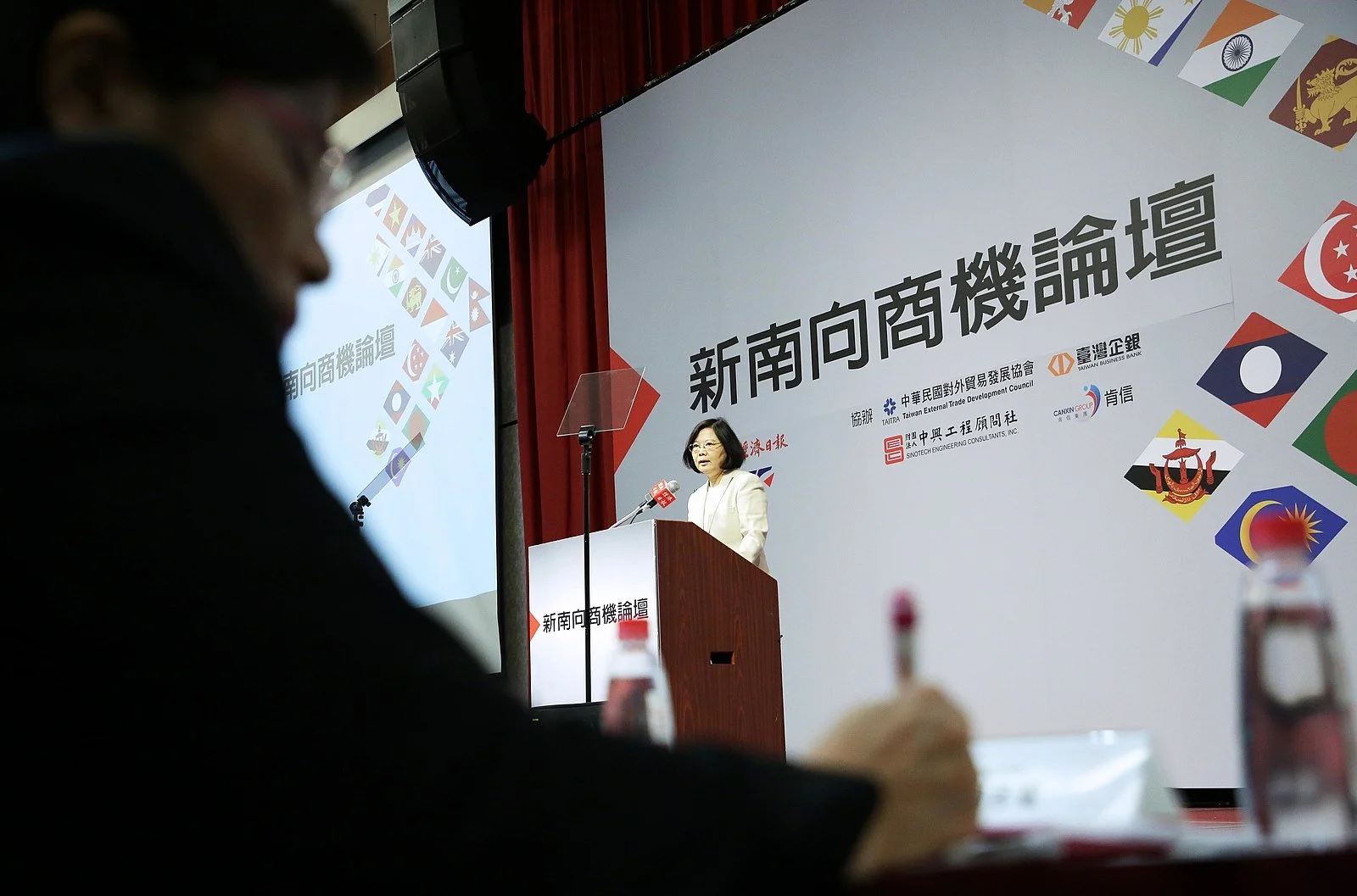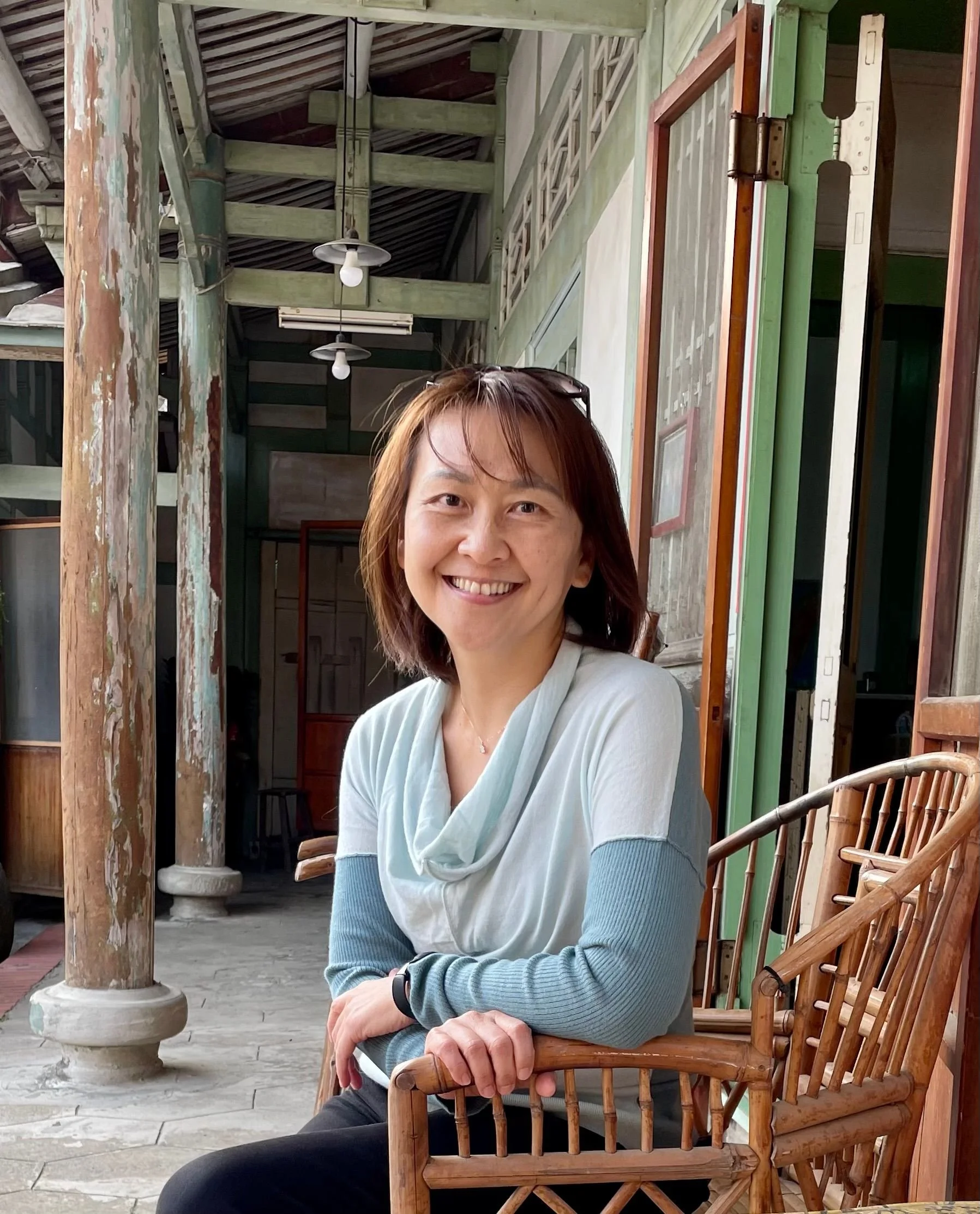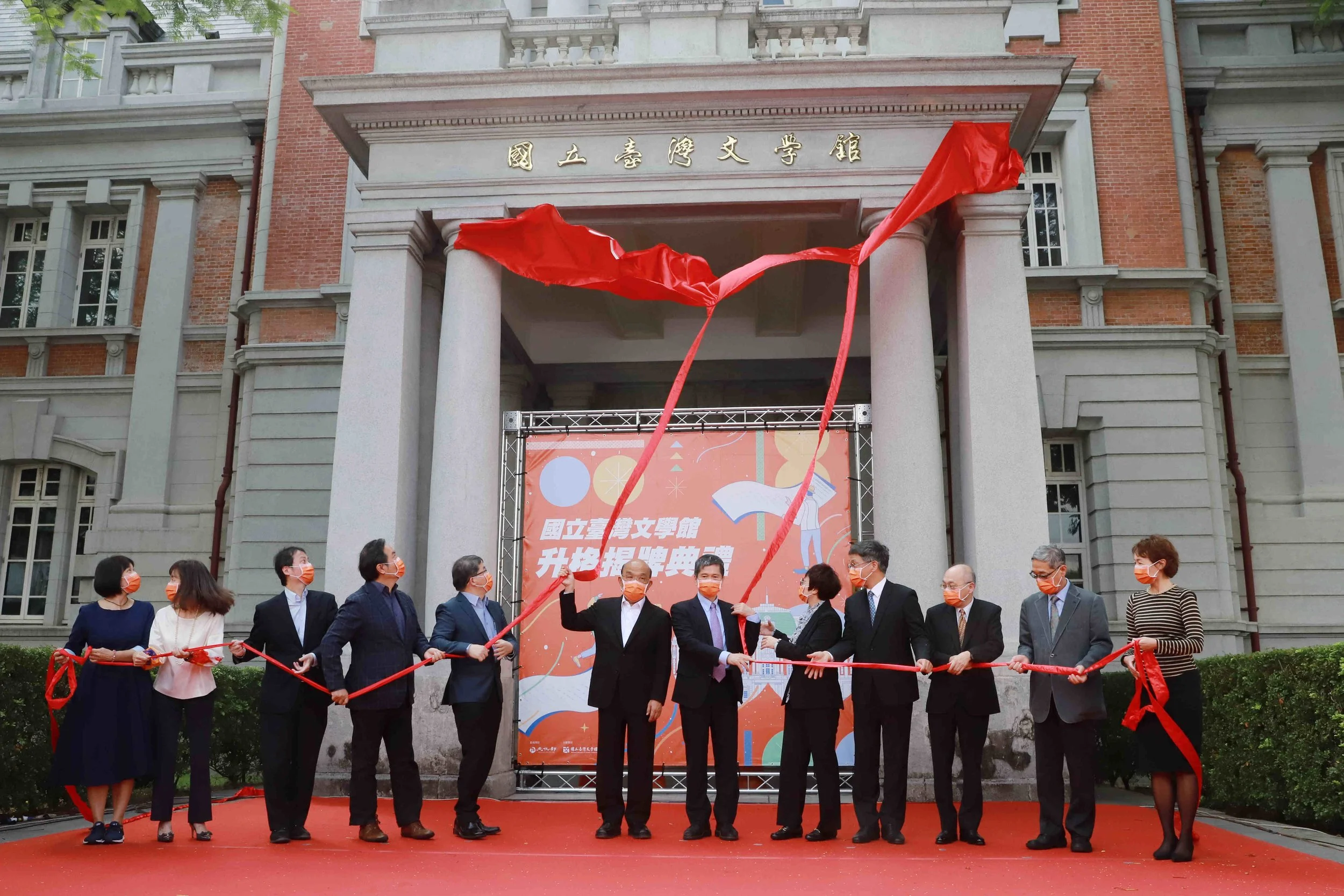Taiwan Studies in a Transnational Context: An Interview with Pei-Chia Lan (Part 3)
We are pleased to discuss with Professor Lan her research on migrants, parenting, and second-generation children in Taiwan.
Professor Lan is the Distinguished Professor of Sociology and Director of the Global Asia Research Center at National Taiwan University (NTU). Her research focuses on migration and globalization, the sociology of gender and the sociology of work. She is the author of Global Cinderellas: Migrant Domestics and Newly Rich Employers in Taiwan (2006), which won the 2007 Distinguished Book Award from the Sex and Gender Section of the American Sociological Association and the 2007 ICAS Book Prize: Best Study in Social Science from the International Convention of Asian Scholars. She is also the author of Raising Global Families: Parenting, Immigration, and Class in Taiwan and the U.S. (2018).
The interview is published in three parts. In this last part, Professor Lan discusses her experiences in public sociology and shares some tips for students engaging in Taiwan Studies.
The interview was conducted online in English and has been edited for clarity.
Interviewed and edited by P. Tsui and S. Chung
Cover Image
At the 2016 Forum on Opportunities for New Southbound Policy, President Tsai Ing-wen gave a speech about the New Southbound Policy. Image Credit: Presidential Office, CC BY 2.0, via Wikimedia Commons
Taiwan Gazette: We are curious about the thematic and theoretical continuity across your academic and public scholarship. How did you develop your new project on the “new second generation”[1] out of your last project on parenting? How has your shift in focus onto the children themselves brought new perspectives on your theorization of boundary work and identity formation and management? Are you planning to make your new research more accessible to the public?
Pei-Chia Lan: It’s funny that every time I move on to a new project, people say to me, “oh, this project is so different from your previous project.” And I think, no, they are very relevant and continuous, perhaps not so much on the empirical level, but definitely on the theoretical level.
My new second-generation project is also an extension of Raising Global Families. In Raising Global Families, I looked at the parents and immigrant mothers. At that time, I deliberately recruited more immigrant mothers for the project. We can call it an act of theoretical sampling. But that project is very much about parents, not so much about children. We know that many new second-generation children have reached adulthood, and I think it is important for us to look at their identity formation and identity management. In particular, the New Southbound Policy[2] has created a new context for the general society and the new second generation themselves to develop different frameworks to understand their position in relation to the Taiwanese mainstream society. I think that’s why I got interested in this project.
For this project, I also plan to write a Chinese-language book that would aim at the public. I am hoping to write the book together with my research assistant, who is a new second-generation herself. I hope the book can bring more public understanding and create space for the new second-generation children to voice their narratives.
Taiwan Gazette: Over the years in your research projects, you have talked to and spent time with people from different classes, citizenship statuses, and ethnic and national backgrounds. Can you share some tips on how to engage with research participants from diverse backgrounds?
Pei-Chia Lan: I don’t think I am particularly good at talking to people who are different from us. I do think I have my share of bias and limitations as all other researchers. For example, when I studied parenting, my position as a middle class certainly limited my understanding of working-class parenting. When I worked on Global Cinderellas, I, as a Taiwanese, could also limit my knowledge about Filipino and Indonesian cultures and societies.
That being said, I think for all researchers, the strategy or tactic is, one, we need to find common ground between the informants and us to build rapport and empathetic understanding. For example, when I worked on Global Cinderellas, despite our ethnic and socio-economic differences, I was also a migrant myself, right? So, I talked to them about my experience in the U.S. At that time, I was struggling with maintaining a long-distance relationship. I remember talking to my informants about similar experiences. So, despite all differences, we could find some common ground both on the level of humanity and the level of sociological positions.
But secondly, I want to emphasize that we must constantly challenge ourselves and try to be reflexive about our positionality and relationship with our informants. For example, I talked about that in Global Cinderellas. Despite feeling quite comfortable with my informants, I did realize the invisible boundaries that divided me and them in many aspects and circumstances. That is why I chose boundary work as a major theoretical framework in the book’s analysis.
And finally, I want to emphasize that I do not think studying one of your own is always the best strategy. I think that’s something I learned from the project on parenting. I am not a parent myself. Throughout the process, I was constantly aware of and anxious about my position. I was worried that I couldn’t understand parenting properly if I did not have personal experiences. But later, I also realized that this may not always be a minus but can be a plus. Because if I were a mother myself, it would have been very difficult for me to maintain some distance from the whole situation. It would have been challenging not to take it personally about my own parenting or maternal practices. So, considering that, I think different research positions have their own benefits and limitations. There is no single best research position in every project.
For the study of new second-generation youth, however, it is the first time I did not conduct the interviews myself but instead had a research assistant do so. I wish I could have conducted the interview myself because I enjoyed the conversation with the informants. But I realized that my age and my position as a professor is not an ideal positionality to talk to someone who is a student and young. Also, I have to consider how the identity of new second-generation youth is still associated with some kind of stigma, probably linked to their prior experiences of discrimination. I think it will be easier to establish some rapport and make them feel comfortable talking to someone with a similar background and experience. That is why I decided to have research assistants conduct the interviews.
Pei-Chia Lan
Taiwan Gazette: In addition to academic writing, you also write and podcast for a public audience. Can you share your motivations, experiences, or challenges with public sociology?
Pei-Chia Lan: I have said this many times in other circumstances that I tend to see my role as a translator, not in a linguistic sense, but to translate across different social sectors. It could be between academics, the public, and other groups of societal members across class, race, and gender. I think what I am trying to do is, on the one hand, to contextualize the personal experience of my informants and situate them in a broader structure. Sometimes we don’t see the personal as political or the personal as sociological. On the other hand, I am trying to create a more empathetic understanding across different segments of people. To do that, I think writing is one venue, but podcasts are something I’ve been trying to experiment with in the last couple of years.
I’ve been thinking recently that we have always assumed that writing, whether books or journal articles, is the most important venue for producing and circulating knowledge. But increasingly, I’ve been wondering, in contemporary society, people have been so distracted by many different things like social media and all video and audio products. I do think that, as academics, we probably should also reconsider that assumption: maybe writing is not the only or at least not the most accessible venue of knowledge circulation. So, that is why I have been trying to produce podcasts.
But I do have to say they are very different. Writing still has the benefit of elaborating things with more details, especially with more theoretical nuances. For podcasts, you have to make them more accessible, and easier to understand and listen to. It is very different. With my experience producing podcasts, I see that they can reach a broader public. Especially for the podcast about parenting, I received a lot of feedback from the general public, parents, and mothers in particular. They probably are so occupied with everyday life that they don’t have time to read the book. But listening to a podcast while doing housework and caring for children is easy for them. So, I think it has been a rewarding experience and an opportunity for me to converse with different kinds of readers and audiences.
Taiwan Gazette: Do you have any particular group of the Taiwanese public in mind as the targets of your podcasts?
Pei-Chia Lan: I think my audiences are lay readers with a college education, knowledge, or background. A lot of my audience might not necessarily understand what sociology is, but they have concerns with social issues and curiosity about knowledge. They probably do not have that much time to read. For example, many of my students who have graduated and started working told me that it is very difficult to finish my entire book, but it is so much easier for them to complete the whole series of podcasts.
Taiwan Gazette: You currently serve as the Director of the Global Asia Research Center at National Taiwan University. Can you tell us a bit about your work with the Research Center?
Pei-Chia Lan: The Center was established in 2017 after the College of Social Sciences at NTU received a donation from Kim Koo Foundation from South Korea. We found this Center to promote migration, globalization, and transnationalism research. I think this question is also relevant to the question about the study of Taiwan. People have been saying that Taiwan is a small country that does not automatically attract attention from the international academic community. So how can we promote Taiwan studies?
From my perspective, it will be fruitful to situate Taiwan in comparative and transnational contexts. Our Center has hosted a lot of fellows and affiliated faculty members who have been doing comparative research. They compare Taiwan with, for example, South Korea and Japan, and Taiwan with China and Hong Kong. I think comparison can help bring out the theoretical implication of the case of Taiwan. As I mentioned earlier, in my own experience, comparing Taiwan with Japan helped me to tease out what I have taken for granted about Taiwan. It also brings refreshing perspectives for me to understand both Taiwan and Japan.
The comparative project has great theoretical potential, and I think it also helps to situate Taiwan in a transnational and global context. That is what I have been doing in most of my research, a method that I think is beneficial in two ways. One, you can sell your case better to the international community. It is not just about Taiwan, but also the broader transnational and global context. But second, the problem of methodological nationalism can also cloud our understanding of Taiwan. We overlook the important visible and invisible transnational connection Taiwan has with other parts of the world. I think overcoming that can also give us a deeper understanding of Taiwan’s history and future.
Taiwan Gazette: What would be your advice for graduate students studying Taiwan?
Pei-Chia Lan: As I mentioned earlier, people say Taiwan is a small country. So, if you study Taiwan, it is not easy to publish. I agree and disagree. It would be difficult to publish if you cannot bring out the theoretical implication of Taiwan’s case, or if you cannot bring out the empirical uniqueness of the case of Taiwan. Unfortunately, the international academic community is dominated by the Global North and has a limited understanding and curiosity about the Global South. So, as researchers who study the Global South, we have to try harder to convince the international community. Having a comparative perspective and transnational framework is something that will be very useful and helpful.
I want to emphasize that when I say having a comparative perspective, I am not saying that you must do full-fledged comparative studies. It is not that. You can just study a single case, Taiwan, Hong Kong, Macau, whatever. But you can bring a comparative perspective to situate your case in relation to other cases.
At the same time, I want to argue that cases in the Global South would probably have greater potential for us to challenge the existing paradigm in the international academic community, which has been dominated by the experience and knowledge in the Global North. We have our disadvantages, but these disadvantages can also become a beneficial standpoint for us to develop innovative theoretical perspectives in the future.
[1] In her new project, Professor Lan draws on in-depth interviews with young adult children of cross-border marriages in Taiwan to understand how they, as the “new second generation,” engage in various identity management strategies. Mothers of these young adults are usually immigrants from Mainland China or Southeast Asia.
[2] The New Southbound Policy is an initiative launched in 2016 under President Tsai’s administration, which aims to strengthen cooperation between Taiwan and the ten countries of the Association of Southeast Asian Nations (ASEAN), six states in South Asia, Australia, and New Zealand.







